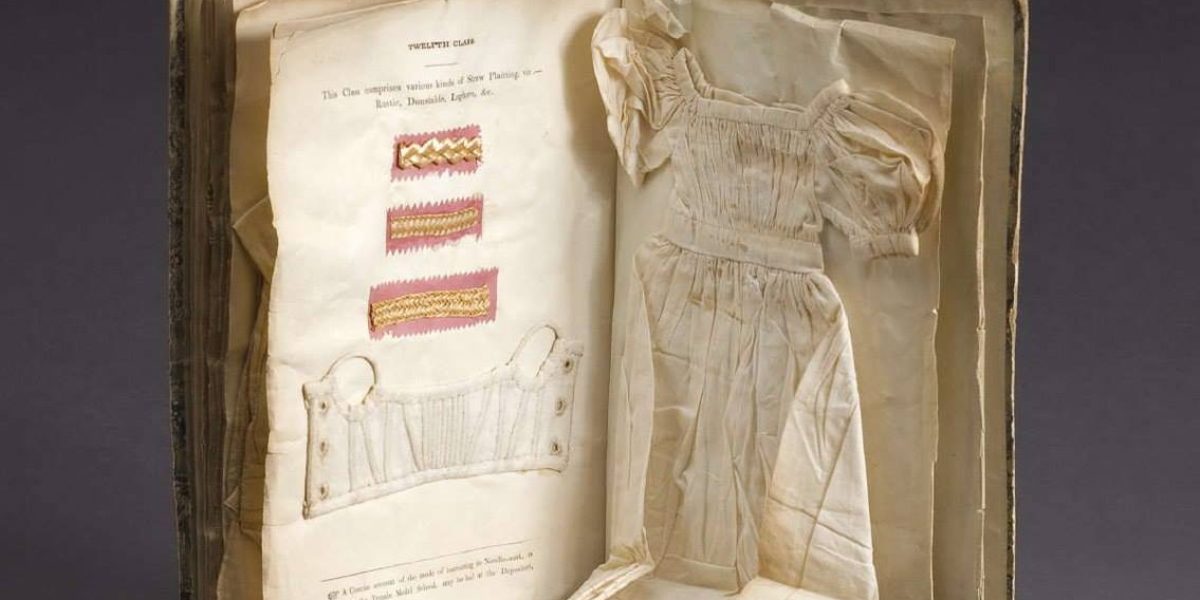Experimental feminist / woman’s poetry

Faculty:
Course Schedule:
November 21 – December 21, 2023 | Tue Thu 5:50 PM – 7:10 PM Berlin
Professor: Galina Rymbu
Semester: Fall 2023
Subject: WRIT
Course Level: 300
Number of Bard Credits: 1
Course Title: Experimental Feminist/Women Poetry
Max Enrollment: 22
Schedule: 5 weeks (November 21 – December 21), Tuesday Thursday 5:50 – 7:10 (Berlin (UTC + 2)
Distribution Area: no
Program: Writing
Cross-Listing(s): Russian and Eurasian Studies
Language of Instruction: Russian
Course Description
This seminar is aimed at exploring experimental feminist/ woman’s poetry made between the 1980s and 2010s in various poetic cultures as well as in Russophone literary environments (Inger Christensen, Rachel Blau DuPlessis, Herta Müller, Harryette Mullen, Mei-mei Berssenbrugge, Lyn Hejinian, Dragica Rajcič, Yona Wallach, Ersi Sotiropoulos, Marina Tyomkina, Lida Yusupova, Polina Andrukovich, Anna Alchuk, etc.). Its main focus are the methods of experimental feminist/ woman’s poetic writing. Students will be invited to consider how a pursuit of the radical poetic form change correlates with the poet’s (and readers’) sensitivity to language policies, discourses of power, and genderized language violence. We will also aim to investigate the self-definition of feminist writing in relation to the patriarchal canon and masculine writing in experimental literature as well as how the understanding of a poetic tradition and innovation changes in feminist/ woman’s poetic practices. Finally, the role of visual art, archives, documents, philosophy, and critical theory in contemporary feminist poetry, and especially the impact of such ‘medial alliances’ on poetic form, will be contemplated. Can feminist poetry be ‘complex’ and inclusive/ open at the same time? And how relevant is it to contrast experimental poetry and ‘identity poetry’? We will read works on literary criticism, essays, and manifestos by contemporary poets and researchers, which provide various optics on the functioning and transformation of woman’s* poetic subjectivity, the role of language, and the formal experimentation in feminist writing. The coursework also requires participants’ own creative contribution, such as writing poetry and/or essays.
Application Portal Instructions
1) Use the Latin alphabet for all entries on the portal, including your name. If the Language of Instruction is Russian, you may use Cyrillic only within the Statement of Purpose file, and the title of the file should still be in English.
2) Refrain from using email addresses associated with Russian or Belarusian educational institutions.
3) While completing the “Required Information” section, ensure you fill in the “Province” field for your address.
4) Provide an address outside Russia or Belarus in both the “Required Information” and “Geographic Location Confirmation” sections of the “Online Course Application”. This ensures we can send your transcript.
5) You must press the “Sign” button twice during the application.
6) If you hold a bachelor’s degree, select “4th+” in the “Academic Year (online)” section.
7) Applicants either unaffiliated or affiliated with educational institutions in Russia and Belarus should list ‘Smolny Beyond Borders’ as their educational institution.
8) In the student ID section, enter ‘SBB’.
9) Consider drafting your motivation letter ahead of time. Save it as a separate file with this format: LastName_FirstName_CourseTitle for a smoother application process.
10) If you can’t finalize the application on your first try, await your account’s addition to the system. You can then use the OSUN Login option for access.
Guidelines for the Statement of Purpose (Experimental Feminist / Women Poetry):
Craft a reflective statement of purpose explaining your interest in the Smolny Beyond Borders online course. The file should be saved with your name and course title as the filename and uploaded accordingly. Your statement’s clarity and substance will significantly influence our selection. Convey your motivations and aspirations for this course succinctly but thoroughly. Kindly write your statement in the course’s Language of Instruction. To your statement, you should add one or more examples of your literary works (poems, essays, prose fragments, and hybrid texts). You can do this by providing us with a direct link to an online publication, or Google Doc, or by adding a sample of your work directly into the text of the statement.
